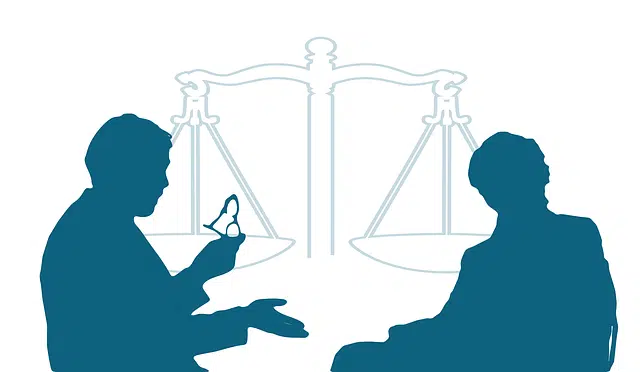
By rebuking, you refute the arguments that a person presented.
The notion of redargüir , coming from the Latin word redarguĕre , is used with reference to the action of transforming an argument against the one who presents it . This verb is linked to argue : cite or invoke a reason against or in favor of something or someone.
Rebut arguments
When rebuking, the arguments put forward by an individual are refuted . The concept is associated with taking those explanations and turning them against the person who pronounced them .
For example: “The mayor was in charge of criticizing the opposition's elucidations” , “Specialists maintain that it is necessary to criticize the supposed success of this type of business, since the objective evidence does not coincide with what is usually said” , “The "Listeners did not even try to reproach the controversial speaker."
If we continue delving into the etymology of the term redargüir, we find that the aforementioned Latin word redarguĕre is defined as "turning a person's arguments against him, returning an argument to its origin, replying , refuting." This was used especially in judicial and discursive media, which is why throughout the 1st century BC. C. is related to Marcus Tullius Cicero, the orator, philosopher and politician of the ancient Roman Empire.
We can add that this verb is composed of the prefix red-/re- (which gives it the meaning of "again, backwards") and the verb arguĕre ("to explain or reveal something so that it becomes clear, to argue", from where we also obtained trickery and argument , among other terms).
The concept in religion
Redargüir, in short, implies counterargument , making an argument turn against the person who presented it. The term is usually used in the field of religion . In the New Testament , Timothy is cited, who maintains that the Bible serves, among other things, to rebuke. In this case, it is understood that repointing allows us to correct errors and self-affirm beliefs.
It is a teaching that helps us remember that God's writing has the purpose of presenting us with a better path for our lives, a series of invaluable tools through which we can grow as people, as long as we are willing to accept and correct our mistakes , from the smallest and insignificant to the most serious. God gives us the opportunity to repent and try again, so it is up to us to take advantage of it.
When we talk about small errors, we are referring to those characteristics of personality, of our behavior, that can be noticed in our ideas, in our way of relating to others and in other traits that can enter into the set of shortcomings , failures. .
The chapter of Timothy that is often mentioned when discussing the concept of reproof is the third. In its pages, this first century Christian, who in some sources considers himself a disciple, affirms that all the Scriptures are inspired by God and that they serve for teaching, for the instruction of justice, for reprimands and corrections , with the objective of the faithful achieving perfection, understood as adequate training to do good.

The notion of redargüir is used in law.
Redeem in the right
In the field of law , on the other hand, redargüir is the act carried out to challenge a document presented in a legal process. When it is criticized, the defects, vices or falsehoods of the presentation in question are pointed out.
It is important to mention that, beyond these specific areas, the use of redargüir is not frequent. The word is not usually used in colloquial or everyday language .
